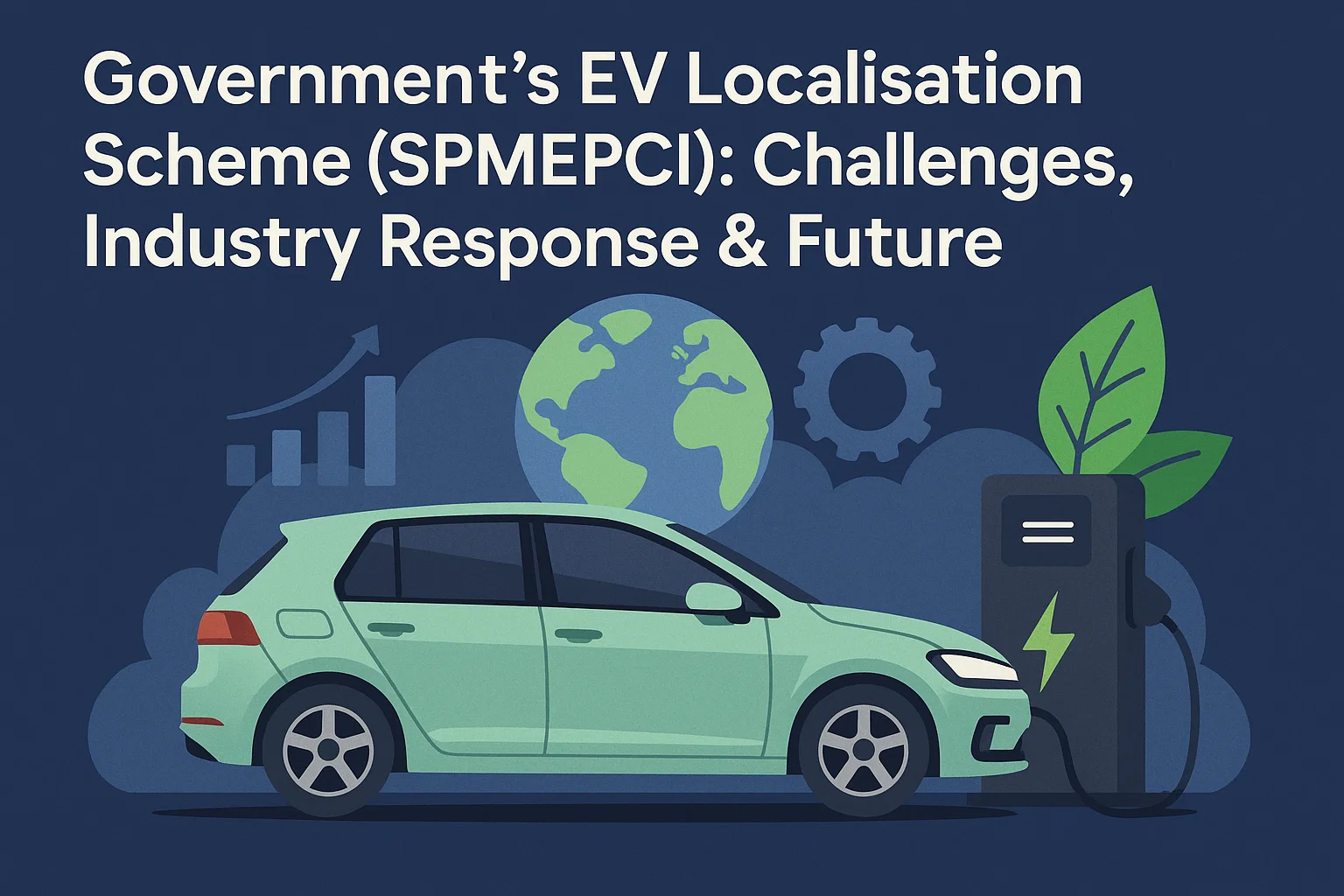Font size:
Print
Intellectual Property (IP) and India-UK FTA
Context: The proposed India–United Kingdom Comprehensive Economic and Trade Agreement (CETA) has raised critical concerns about India’s intellectual property (IP) commitments, especially in Chapter 13, which deals with TRIPS and Public Health Measures.
More on News
- A particularly contentious provision is Article 13.6, which states that “voluntary licensing” — not compulsory licensing — is the preferable route to ensure access to medicines.
- If India agrees to this clause, it would mark a major departure from its long-standing position in global IP negotiations.
- India has historically championed compulsory licensing as a means to promote access to affordable medicines and demanded technology transfer on favourable terms for industrial and environmental advancement.
Why Is Compulsory Licensing Critical for Access to Medicines in India?
- High Prices: This has posed a public health challenge, particularly in low- and middle-income countries.
- Compulsory licensing is a TRIPS-compliant provision that allows governments to permit the production of patented medicines without the consent of the patent holder — a legal safeguard to counter monopolistic pricing.
- India’s Case: India’s landmark case was in 2012, when it granted a compulsory licence to Natco Pharma to manufacture sorafenib tosylate, a patented anti-cancer drug.
- This brought down the monthly treatment cost from ₹2,80,000 (charged by Bayer Corporation) to under ₹8,800 — a 96% reduction.
- Legal Provisions: Such measures are embedded in India’s Patents Act, which was carefully aligned with the WTO’s TRIPS agreement after parliamentary scrutiny and the recommendations of a Joint Parliamentary Committee.
How Does India’s Patent Law Support Compulsory Licensing?
- India’s Patents Act allows for the grant of a compulsory licence after three years from the patent grant date under specific conditions:
- The invention is not reasonably affordable to the public.
- Public requirements are not met.
- The patent is not “worked” in India (i.e., not being used or produced domestically).
- Earlier, patentees were required to submit annual reports detailing how their patents were being worked in India.
- However, India diluted this through its FTA with the European Free Trade Association, allowing reporting only once every three years.
- This has now been reinforced under CETA, weakening a crucial trigger for issuing compulsory licences.
How Does CETA Impact India’s Global Position on Public Health and IP?
- By endorsing voluntary licensing over compulsory licensing in the India-UK FTA, India risks eroding its moral and legal authority as a leading voice for public health safeguards in the WTO.
- The 2001 Doha Declaration on TRIPS and Public Health, backed by India and other developing nations, clearly affirms every country’s sovereign right to grant compulsory licences under TRIPS.
- In contrast, voluntary licences are often conditional, restrictive, and opaque.
- For instance, humanitarian group Médecins Sans Frontières (MSF) has flagged that voluntary licences often let pharma companies:
- Control access to active pharmaceutical ingredients (APIs).
- Impose geographic and pricing restrictions.
- Undermine affordability due to weaker negotiation power of licensees in the Global South.
- For instance, humanitarian group Médecins Sans Frontières (MSF) has flagged that voluntary licences often let pharma companies:
- The case of Remdesivir during COVID-19 is instructive.
- Though Cipla produced it under a voluntary licence from Gilead Sciences, the price in India (in purchasing power terms) exceeded what Gilead charged in the United States — a paradoxical outcome for a supposedly cheaper medicine.
How Does This Affect India’s Demand for Technology Transfer?
- India has long advocated for technology transfer on favourable terms — a principle rooted in the 1974 UN General Assembly Resolution on the New International Economic Order (NIEO).
- This demand has resurfaced in forums related to climate change, sustainable development, and green technology access.
- However, the CETA text weakens India’s bargaining power by implying that technology transfer must occur on “mutually agreed terms”, which favours voluntary, market-driven mechanisms.
- This contrasts sharply with India’s earlier demands for mandatory, concessional, or preferential terms for developing countries.
- India’s Fourth Biennial Update Report to the UN Framework Convention on Climate Change (2024) underscored this disappointment:
- “Barriers like slow international technology transfer and intellectual property rights hinder the rapid adoption of climate-friendly technologies.”
What Are the Broader Implications for India’s Global Policy Stance?
India risks undermining its leadership among developing countries on two fronts:
- Access to Affordable Medicines: Diluting its support for compulsory licensing weakens India’s credibility at the WTO.
- Climate Technology Equity: Giving up the call for “favourable terms” may reduce leverage in climate negotiations and multilateral forums.
Subscribe to our Youtube Channel for more Valuable Content – TheStudyias
Download the App to Subscribe to our Courses – Thestudyias
The Source’s Authority and Ownership of the Article is Claimed By THE STUDY IAS BY MANIKANT SINGH





